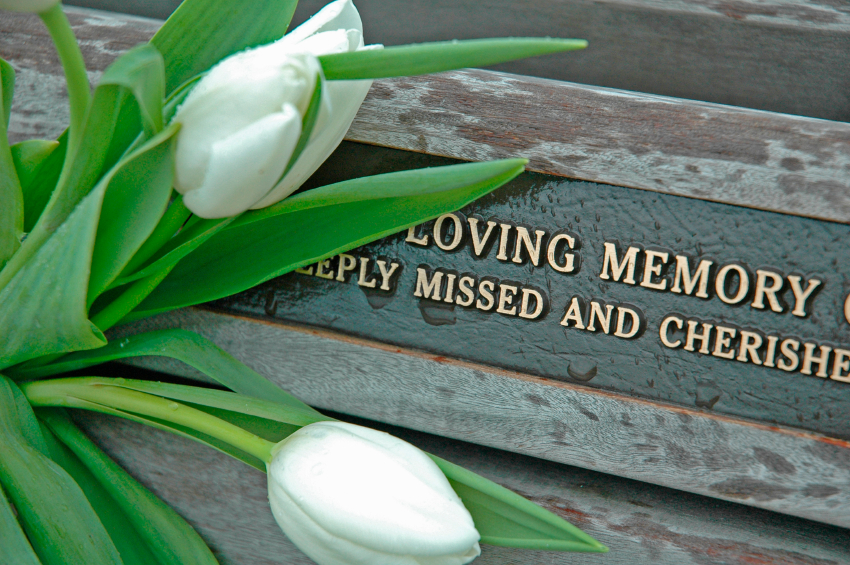I can’t say I’m all that startled to read the news report that follows. I’d have been more surprised if fatalities hadn’t increased among seniors and the elderly during the pandemic. Which, by the way, remains a threat, with COViD cases up sharply in many parts of the country, along with flu and RSV working hand in hand to tax limited healthcare resources. So take care.
Deaths From Substance Abuse Rose Sharply Among Older Americans in 2020
That was a bad year for older folks in general. As far as drug use, the two main culprits were opioids and alcohol. How dramatic was the spike among seniors? 53% over the last pre-pandemic year (2019). Fatality rates from substance use had been on the rise anyway, but nobody predicted an upsurge of that magnitude. Especially since historically, people 65 and older have been less likely to purchase and use street drugs than other age groups.
“I like to think we grow out of such poor decision-making as we get older,” remarked one gerontologist. I’m not sure that’s true. One thing is for certain: People in that age group are especially vulnerable to the consequences of substance use. Such as adverse medication reactions, complications of comorbid health conditions (diabetes, heart and lung conditions, etc), and of course, falls, accidents, and serious injuries in general.
“Used to be I’d sprain my ankle and heal up in a week,” complained one man. “Now I’m in laid up the hospital with a damn fracture.” I’m afraid that’s how aging works.
The original New York Times story noted that “Substance abuse by older adults is often missed by health care providers, who rarely refer these patients for treatment.” That’s been true forever. I do think medical education on addictions has made a difference. Still, the field of medicine had a long way to go.
Recalling my days working in hospital-based programs, how attending physicians would often actively resist a referral to the addiction service. Things we heard from doctors:
- “Oh, leave the poor guy alone. He’s too old to change now.”
- “C’mon, how much time does the old goat have left, anyway?”
- “Surely it’s too late. He’s probably pickled.”
There was one case in particular, where significant quantities of opioid painkillers were involved along with excessive drinking. “You can talk to him about drinking, if you feel you must,” insisted his longtime physician. “But the pills stay. He may not need them anymore, but he thinks he does, and I’m not having him wake me up in the middle of the night complaining about pain.” Better he should wander around in a fog, and fall down the stairs?
If you’ve wondered why some patients are admitted to the hospital again and again for assorted complaints, this kind of ‘treatment plan’ is sometimes at the root.
An outpatient program serving an area with an aging population might want to consider starting a special group for seniors, including those with medical issues. They do better IMO when allowed to relate to peers instead of younger people with whom they may have little in common. Community presentations aimed at concerned family members can also boost awareness of treatment resources.
Personally, I think it’s worth the effort. As I told one doc who was hesitatant to refer a longtime patient for counseling: “What, you worried he hasn’t suffered enough yet?”












